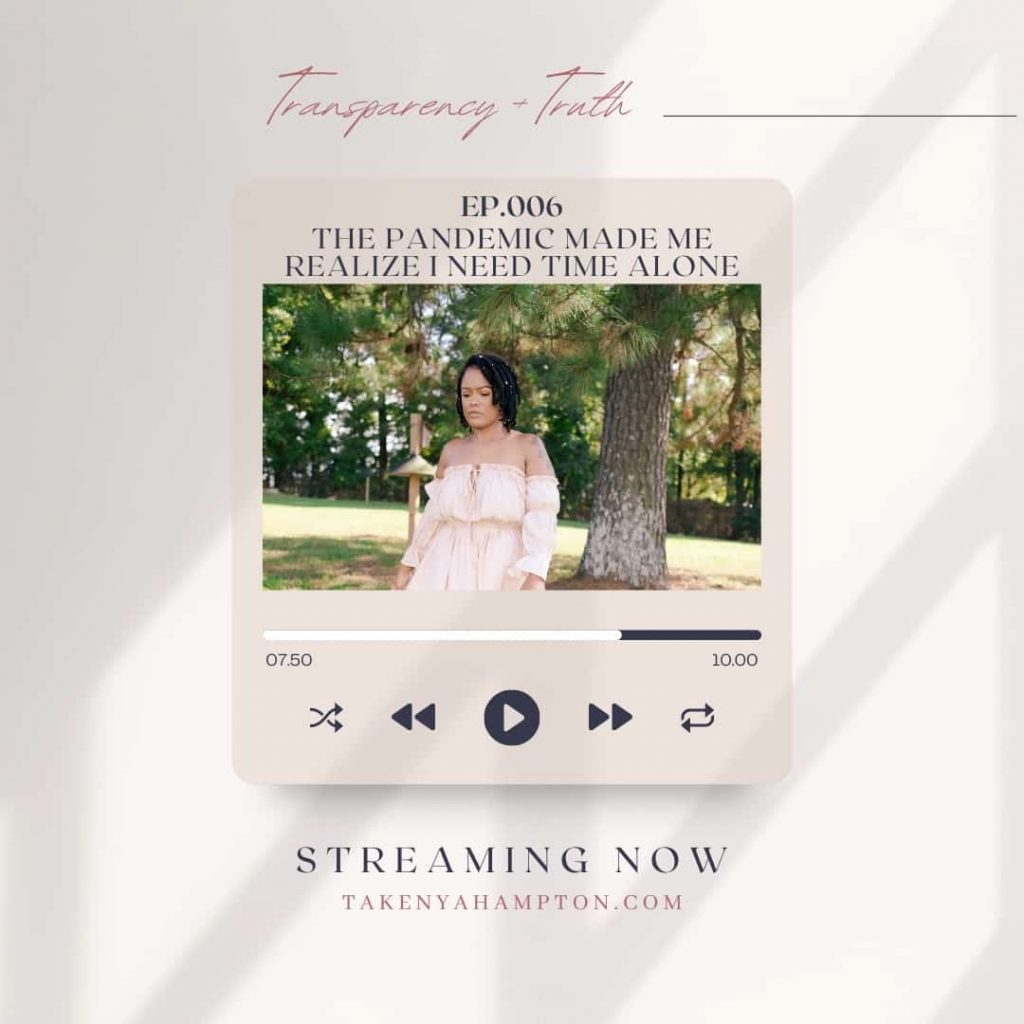Taking time out for yourself is something I’ve been struggling with. I think everyone can relate, on some level at least. We all need time alone. All of us. But why do we not take it?
The pandemic made me realize I need solitude to be balanced.
If you’re like me, you tend to be an extrovert by nature. But I also like working in teams and groups. It’s energizing for me to bounce ideas off of others and hear their perspective on what I’m doing or planning to do.
Over the past few months, though, I’ve learned that solitude is also an important part of my self-care routine and helps keep me balanced as an individual.
In the hustle and bustle of life, it’s easy to get caught up in the endless cycle of socializing and entertainment.
It’s hard to find quality alone time when there are so many fun things going on every day. But what many people fail to realize is that being alone isn’t an inherently bad thing – sometimes, we actually need solitude to feel balanced.
What is balance?
If you’re like most people, when you think of balance, your mind immediately turns to emotional balance. While emotional balance is definitely an important aspect of overall well-being, there are many other elements that go into achieving true balance.
Physical wellness and nutrition, mental health, and stress management skills—these are all elements of achieving balance in life. Healthy choices lead to physical balance. When you feel physically healthy, your body will be capable of coping with stressors that may come it’s way without becoming overwhelmed by them.
Solitude Allows Me To Be My Best Self
It has only been since I have experienced a lack of solitude that I realized how much it allows me to be my best self.
When you’re constantly surrounded by noise and motion, it’s impossible for your brain—or body—to truly relax.
If you’re able to achieve even one hour of daily solitude, you will feel a significant benefit. You’ll have more energy, less stress, better sleep, and overall improved mental health.
Solitude Prevents Burnout
Studies show that getting alone time can reduce stress levels, prevent burnout and provide relief for those who work long hours in demanding jobs.
It’s even been shown to increase performance when it comes to tasks that require our attention like driving or reading.
So if you’re feeling burned out, take some time for yourself away from social media, emails, and other distractions. Take a walk in nature, paint your nails or read a book.
Find time for silence so you can restore your mental energy.
Alone Time Helps Me Recharge
Learning to put yourself first in your relationships is one of those things that’s hard when you feel like there’s no option – like single parents, those with clingy partners, or even friends.
If your people aren’t into alone time, then that can make things really difficult—it can sometimes feel like you’re stuck.
But having a choice means being able to set boundaries and respect them, even if it means a little conflict.
Taking time for yourself gives you balance so that you can enjoy relationships without becoming completely exhausted by them.
Alone Time Makes Me Happier
Getting time to yourself increases happiness and quality of life. One of my biggest struggles since the pandemic is finding time and space for myself.
There’s always something on, always someone who needs something, and never enough time in my day to get everything done. But over time, I’ve realized that one of the best ways for me to balance everything in my life is taking alone time; there are tons of benefits that come with it.
How To Find Time Alone When Time Is Limited
With a busy life, free time is often hard to come by. But even if you’re already filling your schedule with work and play, it doesn’t mean you can’t find an hour or two here and there for yourself. Here are five tips for fitting in alone time without rearranging your entire schedule.
- Meditate. Creating and carving out meditative space means making time each day (at least at first) to sit still, clear your mind of distractions and return to center — whatever that means for you.
- Ask For Help. There’s nothing like talking about what needs to get done with another person—and actually following through on those tasks together—to help de-stress during periods of transition (or any point throughout your day).
- Include Your Time On Your To-Do List. Add me time to your calendar just as you would any other appointment. This way, when times inevitably fill up, it will serve as a reminder that yours shouldn’t be sacrificed at all costs.
- Use Your Time Strategically. Running errands, attending meetings and doing household chores during downtime has become quite popular among people who want to use their commute more productively than watching Netflix on their phone every day.
Resources Mentioned
Use referral code X2UX9V and receive up to $100 credit towards accessories purchased with your hardware.
Use referral code RT85370 and receive %10 off your first payment.





